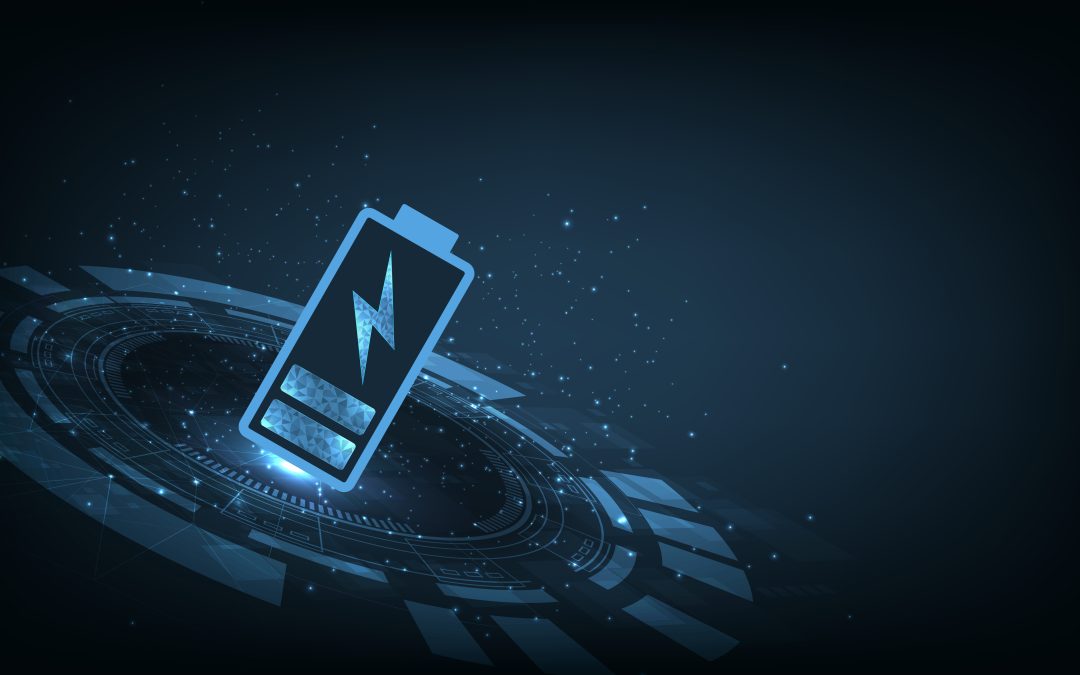When it comes to powering your gate automation system, choosing the right battery is crucial. The two most common options are lead-acid and lithium-ion batteries, each with its own advantages and drawbacks. In this guide, we’ll compare lithium-ion vs. lead-acid batteries to help you determine the best choice for your gate motor.
Lithium-Ion Batteries: The Future of Gate Power
Pros of Lithium-Ion Batteries
✅ Longer Lifespan – Lithium-ion batteries last 3–4 times longer than lead-acid, with some models reaching up to 20 years.
✅ Faster Charging – These batteries recharge significantly faster than lead-acid alternatives.
✅ Higher Energy Density – Lithium-ion batteries store more energy in a lighter, more compact design.
✅ Consistent Power Output – Unlike lead-acid batteries, which lose voltage as they discharge, lithium-ion batteries deliver a steady power supply throughout their cycle.
✅ Deeper Discharge – They can be safely discharged up to 70%, providing more usable power than lead-acid batteries.
✅ Better Temperature Tolerance – Lithium-ion batteries perform better in extreme temperatures.
✅ Maintenance-Free – No need for regular upkeep, making them a hassle-free option.
Cons of Lithium-Ion Batteries
❌ Higher Upfront Cost – The initial investment is higher than lead-acid batteries.
❌ Requires Battery Management System (BMS) – A BMS is necessary to prevent overcharging and ensure safe operation.
❌ Cold Weather Performance – While generally temperature-tolerant, some lithium-ion batteries may need additional heating in freezing conditions.
Lead-Acid Batteries: The Traditional Choice
Pros of Lead-Acid Batteries
✅ Lower Initial Cost – Lead-acid batteries are cheaper upfront than lithium-ion options.
✅ Proven Technology – A well-established technology used in many gate motor systems.
✅ Simpler Charging – Can be charged directly via an external charger or the gate PCB, making installation easier in certain setups.
Cons of Lead-Acid Batteries
❌ Shorter Lifespan – Typically lasts 3–5 years, much shorter than lithium-ion alternatives.
❌ Slower Charging – Takes longer to recharge compared to lithium-ion batteries.
❌ Heavier and Bulkier – Lower energy density means larger and heavier batteries for the same energy storage.
❌ Voltage Sag – Power output drops as the battery discharges, affecting performance.
❌ Requires Maintenance – Needs regular topping up with distilled water and other upkeep.
❌ Temperature Sensitivity – More affected by temperature fluctuations than lithium-ion batteries.
Which Battery is Best for Your Gate Motor?
- If you want a long-lasting, high-performance, and maintenance-free option, lithium-ion is the way to go.
- If you prefer a lower upfront cost and are okay with regular maintenance, lead-acid may be a better choice.
For gate automation systems, lithium-ion batteries are becoming the preferred option due to their reliability, efficiency, and longer lifespan. However, lead-acid batteries remain a budget-friendly choice for those willing to handle maintenance.
